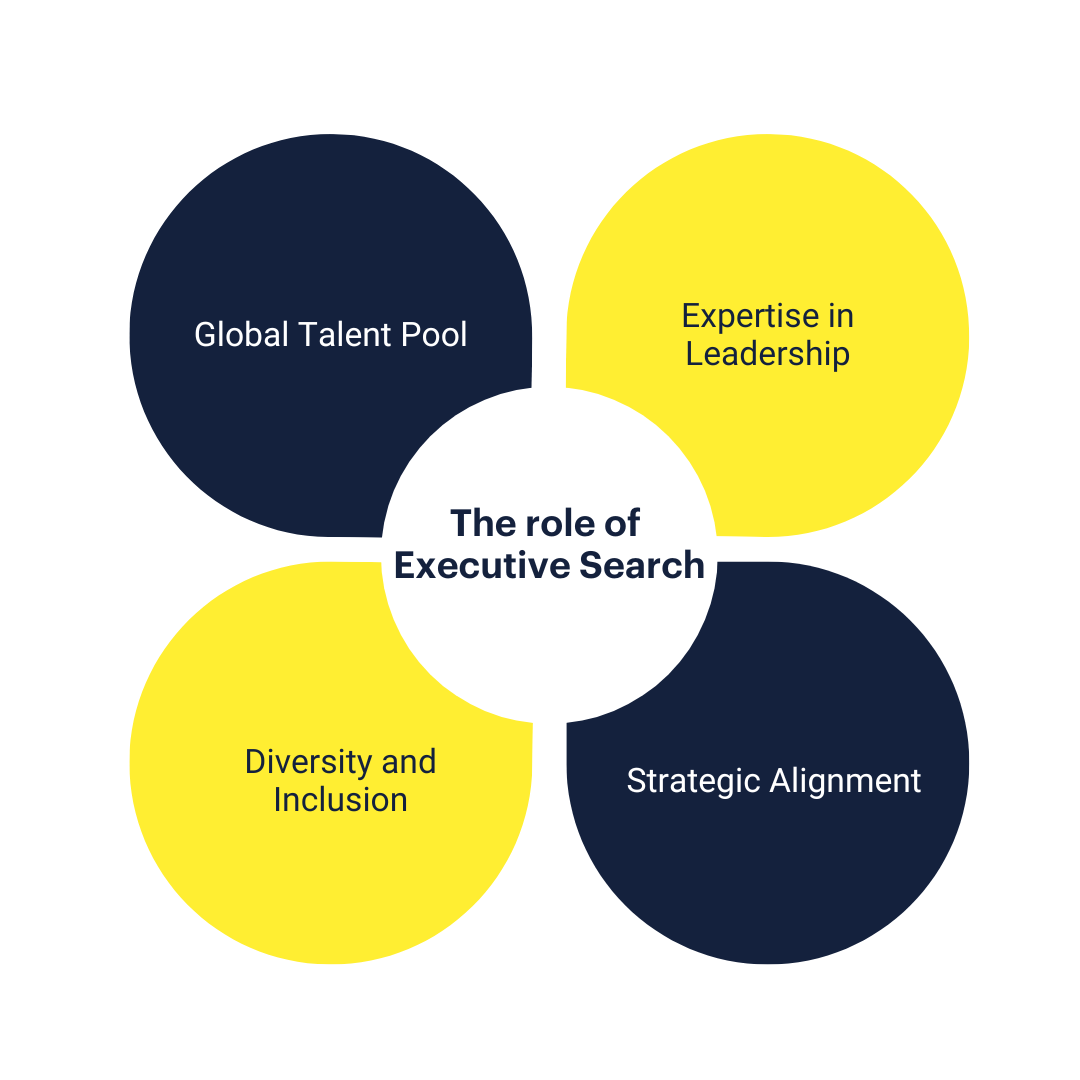Brazil’s technology sector is on a significant growth trajectory, with projections indicating the market will surpass $100 billion by 2025. This expansion is fueled by rapid digital transformation and increased adoption of emerging technologies.
However, the sector faces notable challenges, including a substantial talent shortage. Estimates suggest a demand for 530,000 tech professionals by 2025, highlighting a critical gap in the workforce.
Statistical Overview on Brazil
- Market Growth: Brazil’s tech market is expected to exceed $100 billion by 2025.
- Talent Demand: There is an anticipated need for 530,000 tech professionals by 2025, with only 53,000 tech graduates annually.
Current Landscape and Challenges of the Technology Sector
The Brazilian government has been proactive in addressing technological advancements, particularly in areas like artificial intelligence (AI). In December 2024, the Senate approved a bill establishing a national regulatory framework for AI development and governance. While this positions Brazil as a forward-thinking nation, it also introduces complexities for tech companies striving to align with new regulations.
Moreover, political and economic uncertainties have impacted the business environment. For instance, discussions around implementing a global minimum tax of 15% on multinational corporations have emerged as part of efforts to meet fiscal goals. Such measures could influence investment strategies within the tech sector.
Opportunities for Executive Search Firms
The pressing talent shortage presents a significant opportunity for executive search firms specializing in the technology sector. With an estimated 420,000 new tech jobs emerging by 2025 and only 53,000 tech graduates annually, the gap is evident.
Executive search firms can play a pivotal role in bridging this divide by leveraging global networks to source skilled professionals and leader’s adept at navigating Brazil’s unique market dynamics. Wether it is local talent or the need is international when there are different markets within one single company.
Strategic Insights on Executive Search
- Global Talent Acquisition: Tapping into international talent pools can mitigate local shortages. Executive search firms can identify professionals with the requisite expertise willing to relocate or work remotely, aligning with Brazil’s time zone and cultural nuances as well as with the right sills, knowledge and leadership.
- Regulatory Navigation: Understanding and anticipating the implications of new regulations, such as the AI framework, is crucial. Firms can guide clients in recruiting leaders who are not only tech-savvy but also proficient in compliance and regulatory affairs.
- Diversity and Inclusion: Promoting diverse leadership teams fosters innovation and reflects a global customer base. Executive search firms can advocate for and implement diversity strategies in their recruitment processes.

Brazil’s technology sector stands at a crossroads, with immense growth potential tempered by significant challenges. The talent shortage is a pressing issue that requires innovative solutions.
Executive search firms have a unique opportunity to influence the sector’s trajectory by sourcing and placing leaders who can drive transformation, ensure compliance, and foster inclusive growth.
By doing so, they not only address the immediate talent gap but also contribute to the sustainable development of Brazil’s burgeoning technology industry.






